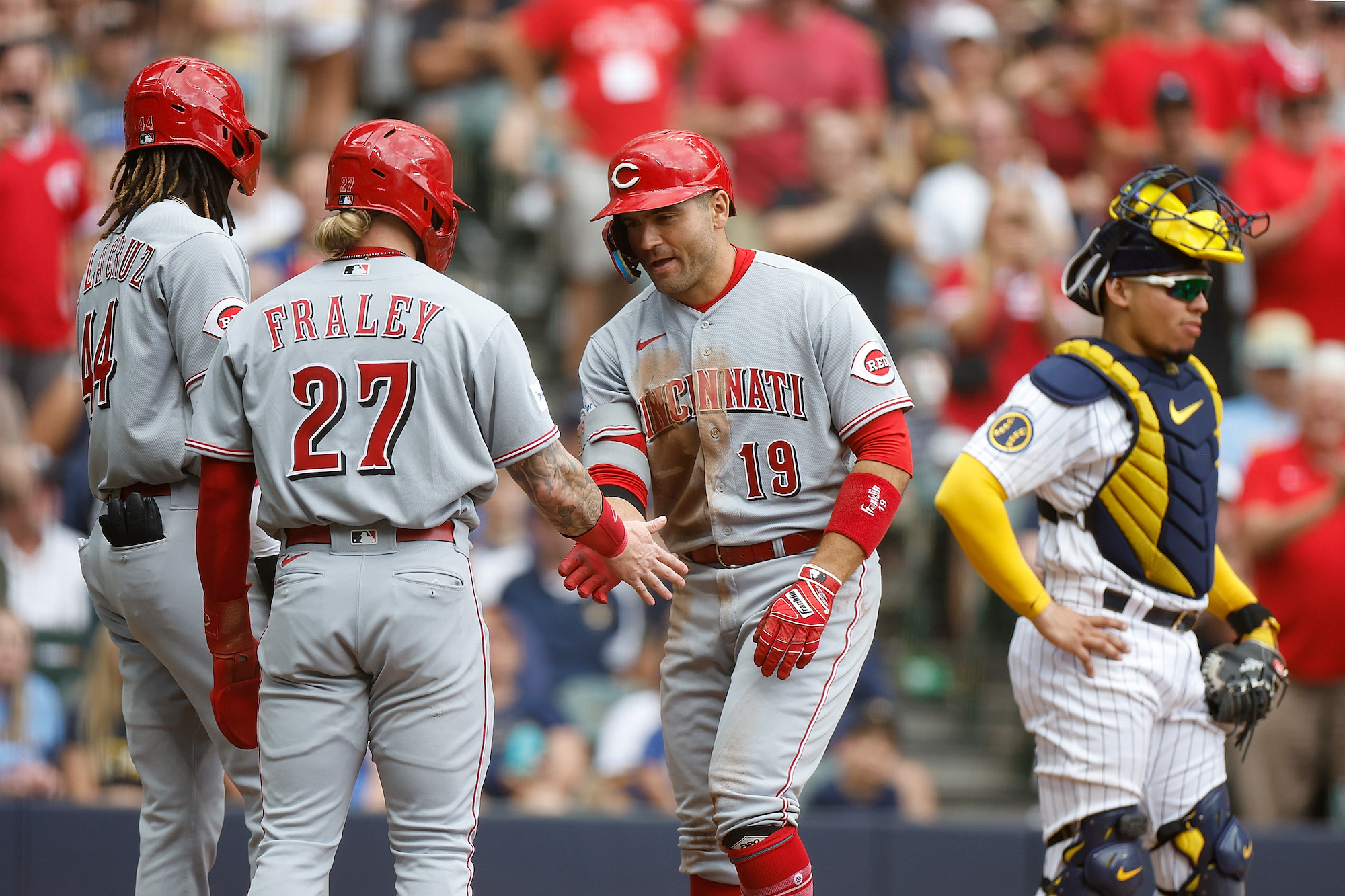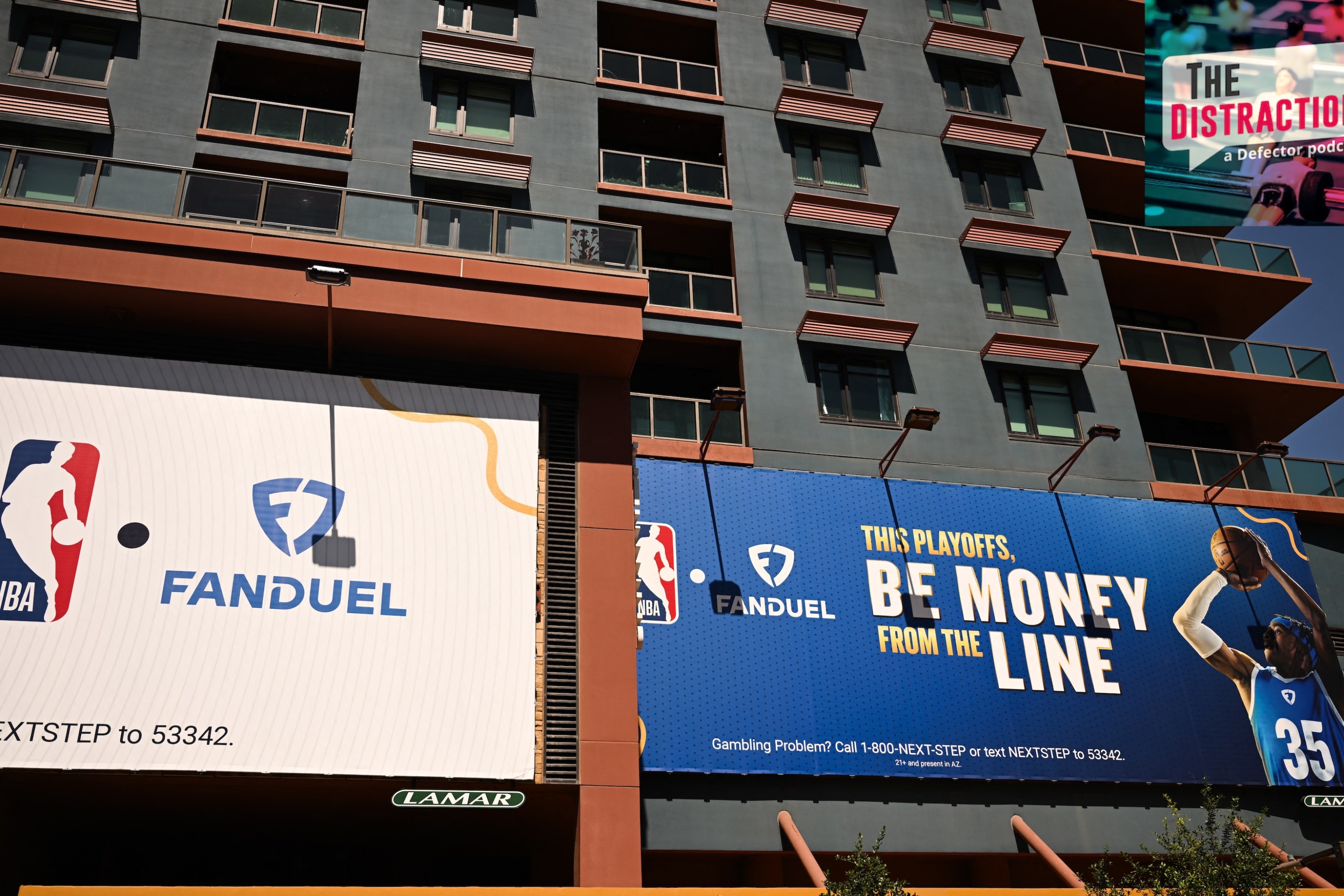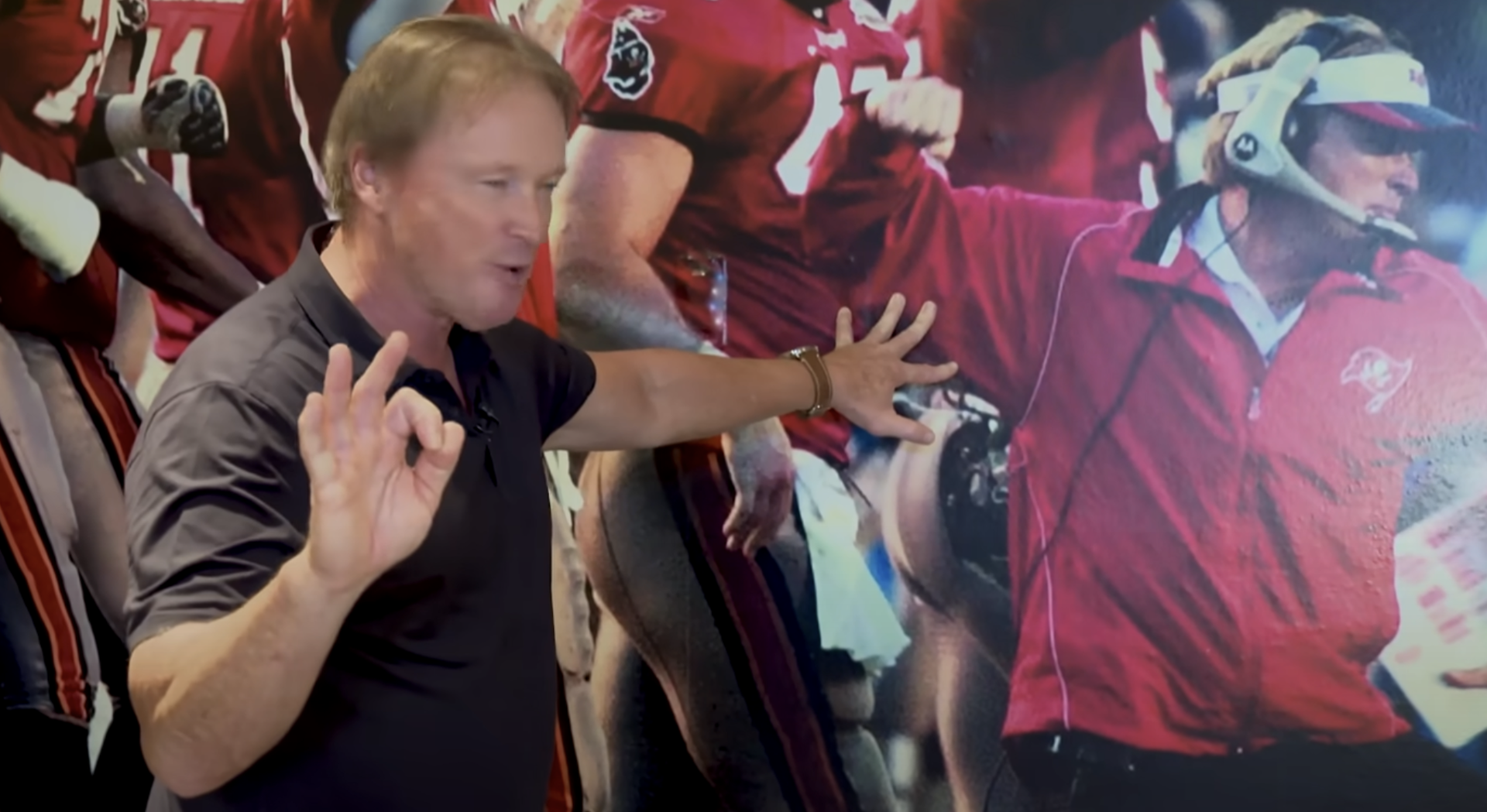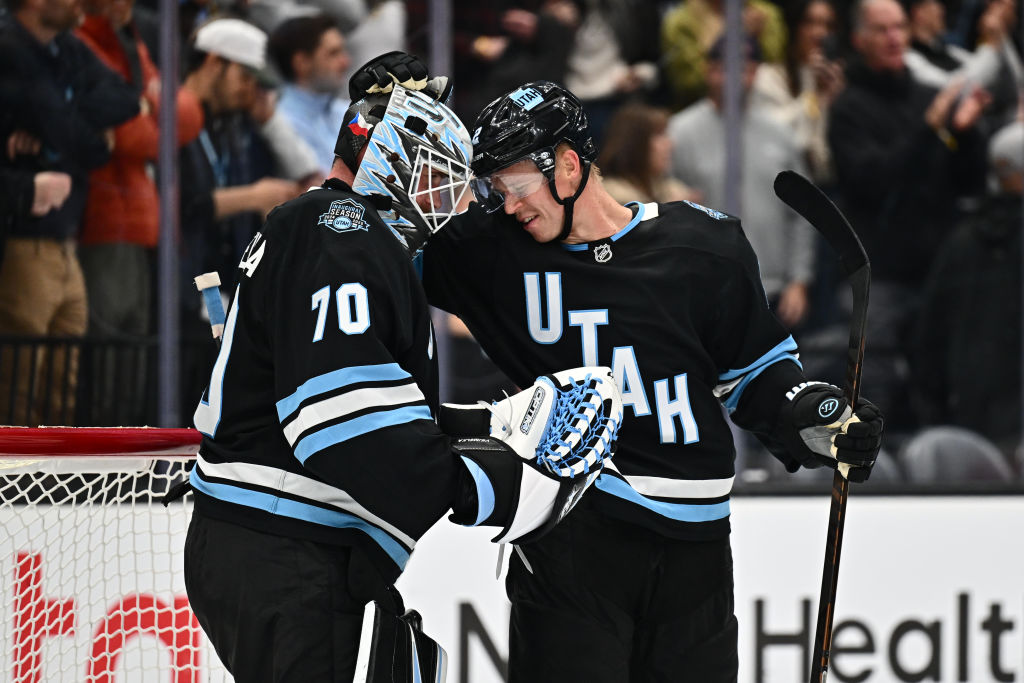What we need in these waning days before baseball is subsumed yet again by the troglodytic meanderings of the NFL is a reminder of the game's current violent lurches toward an uncertain and unseen future. And no, we're not talking about the escape of the imprisoned gerbils inside the head of notorious baseball-denier Rob Manfred.
After the latest record-breaking All-Star Game, which was once again unwatched by a greater number of people than ever before even after you adjust for normal population churn, the games have a brief window before what we all hope is the last-ever Hard Knocks before David Zaslav's next sneeze. And while some things seem too weird to contemplate (Shohei Ohtani traded to the A's, the Cardinals gutting their roster to look forward to a glorious 2031, the network horror of the first all-Florida World Series, stuff like that), there is the new metric that we suspect may overtake even the heroin of the Immaculate Grid as a way to immerse one's self in a game believed to be nothing but a dying nuisance by its commissioner and other people you would renounce your citizenship to avoid.
TDI. The Dirt Index.
The actual algorithm hasn't been perfected yet, but was introduced three and a half weeks ago by Cincinnati Reds clubhouse manager Rick Stowe. In an anecdote from an Athletic story by Reds correspondent C. Trent Rosecrans, the team had just returned in the middle of the night from a road trip that included eight straight wins, but Stowe couldn't leave the ballpark for several more hours because he had to scrub the dirt from the players' uniforms.
“This," Stowe said, "is the dirtiest team I’ve ever had.”
Finally a math we can all understand, with the added benefit being that there is no math. Only the elemental building block of dirt, which frankly is what play should be. Looking a mess at the end of the day is the whole reason why sports exist—well, that and the gambling—and the Reds seem to be at the cutting edge of something for the first time since the 1919 World Series.
They are running and sliding head-first and stealing bases when they shouldn't and generally soiling themselves in the very best way, and not just new sensation Elly De La Cruz. The stultifying three-true-outcomes baseball that has been strangling the game far worse than time of game ever did finally has an antidote, and maybe it's being wasted on a team that lost 100 games last year and is only now finding its legs, but it has to start somewhere. In Cincinnati it starts with glorious recklessness on the bases that pays off more often than not.
They have been thrown out on the bases more times than any other team (47) because they stretch plays more than any other team (48). They've stolen 112 bases, more than anyone else, and are on pace to steal 199, their most since 1988 when speed far outpaced homers as the game's driving force. They spit (another dirty habit) on one of analytics' most obvious failings: When everyone does the same thing the same way for the same reason, nobody's watching anybody.
It isn't just the speed the Reds employ, but the fact that they are among the first teams to embrace its benefits in the new world order, and as such look even more outlier-y than they actually are. They are younger and faster and hyperaggressive going from base to base because years of trying to jack homers like their superiors got them nowhere. A year after their club president, failson Phil Castellini, all but told fans they had no choice but to attend games even though the team was cheaply and poorly built, and a month after drawing 9,194 for a Wednesday night against the Cardinals, they sold out a weekend series with the Braves because, well, they win by getting dirty.
Also, and this should not be minimized, because they have De La Cruz, the perfect casual fan's adjunct to Ohtani.
The Reds aren't a likely champion, not yet anyway, and not while the more traditionally built Braves own the National League. But they can now be identified clearly from other, slower, less bold and more tidy teams. Whatever they do from here, they will be a mess doing it, and if this devotion to dirt and the advancement of TDI can't invigorate a game that gropes desperately to locate the demands of a postmodern culture, then baseball probably can't be saved. In the meantime, the Reds remain a team devoted to the idea "go dirty or go home … after you've stolen third."





